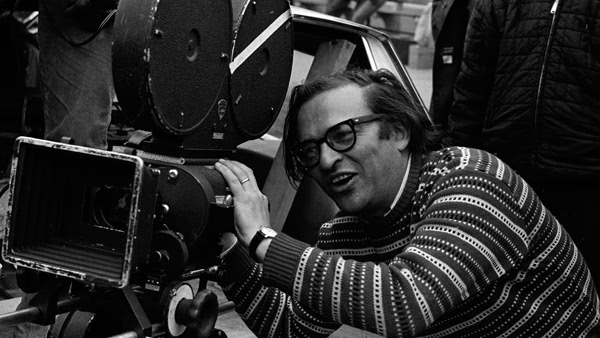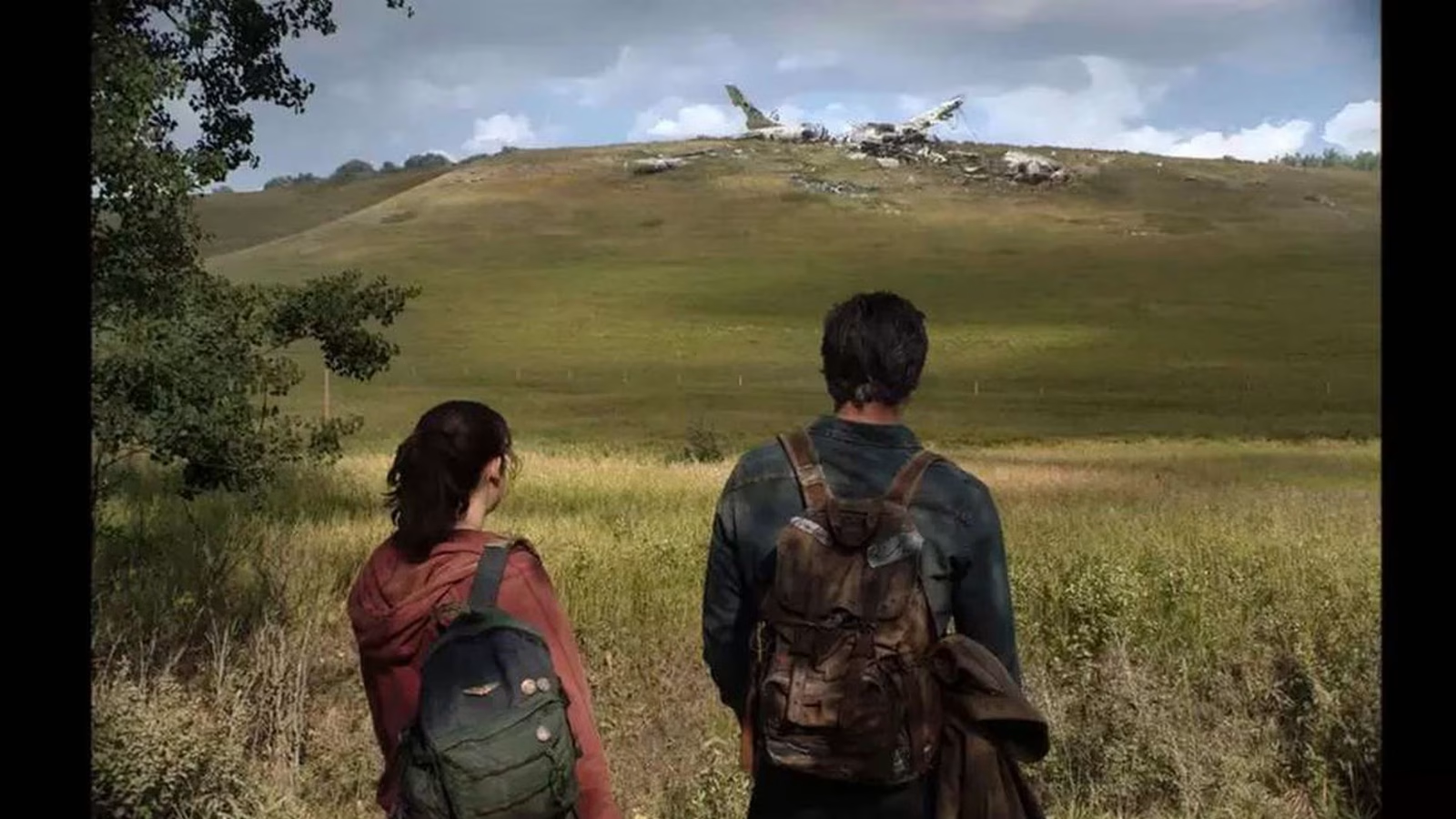In 2007, Sidney Lumet’s illustrious career, marked by landmark films like 12 Angry Men (1957), Dog Day Afternoon (1975), and Network (1976), seemed to have dimmed. The acclaimed director, who continued to create well into his 80s, had not produced a film that measured up to his earlier masterpieces for quite some time.
Then, at the age of 83, Lumet gave us Before the Devil Knows You’re Dead, an intense, gripping film that left audiences and critics buzzing. The title, anchored in an Irish proverb about dying before being discovered by the devil, felt more like the work of a daring newcomer than the seasoned director it was.
This film marked a significant comeback for Lumet, who many believed had already peaked creatively. However, when he stumbled upon Kelly Masterson’s dark screenplay about two desperate brothers plotting to rob their parents’ jewelry store, he recognized its potential. Lumet envisioned the film functioning as a modern Greek tragedy, exploring the choices of “terrible people” spiraling into deeper misfortune—a reflection of his skeptical view on contemporary America. In his words, “I think we’re at a terrible point in our history, and I hope we can turn it around.”
To bring the brothers Andy and Hank Hanson to life, Lumet enlisted two of the finest actors of the time: Philip Seymour Hoffman and Ethan Hawke. Both actors admired Lumet’s gritty portrayal of New York and were eager to collaborate with the legendary director. At that time, Hoffman had just won an Oscar for Capote, which played a key role in advancing the film’s development under Lumet’s direction.
Tragically, both Lumet and Hoffman passed away within a few years of the film’s release, making Before the Devil Knows You’re Dead feel like a poignant gift from the cinematic heavens.
While the film sharply critiques human nature and is classified by Lumet as a melodrama, its innovative storytelling—with its grainy aesthetic and non-linear structure—brings an air of realism to the chaos that unfolds.
Set in motion by Andy and Hank, the brothers believe their scheme will leave their parents unscathed, only to find that the robbery goes tragically wrong, resulting in the death of their mother. This devastates their father, triggering his investigation that ultimately leads to uncovering the truth.
As Hoffman poignantly observed in 2007, “For all its craziness and intensity, this story is actually very believable.” Albert Finney, who played the grieving father, echoed this sentiment, remarking, “Everything can change in a second. In life (and in melodrama), the only thing we don’t know is what’s going to happen next.”
Ultimately, Before the Devil Knows You’re Dead stands as a testament to Lumet’s unyielding creative spirit—defying the odds of directors aging out of their prowess. While many filmmakers lose their edge in their twilight years, Lumet demonstrated that it is possible to conclude a career with one of their finest works. As Roger Ebert highlighted in his four-star review, it is indeed a celebration when a master like Lumet not only receives recognition for his lifetime achievements but also delivers an extraordinary film three years later.













